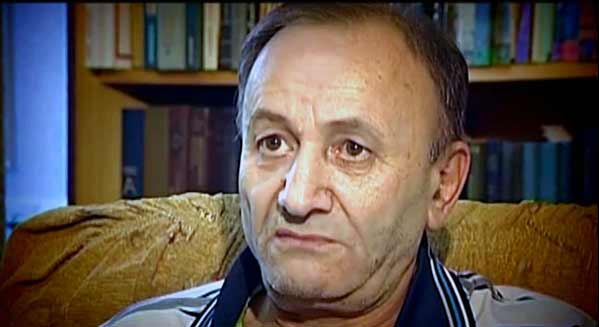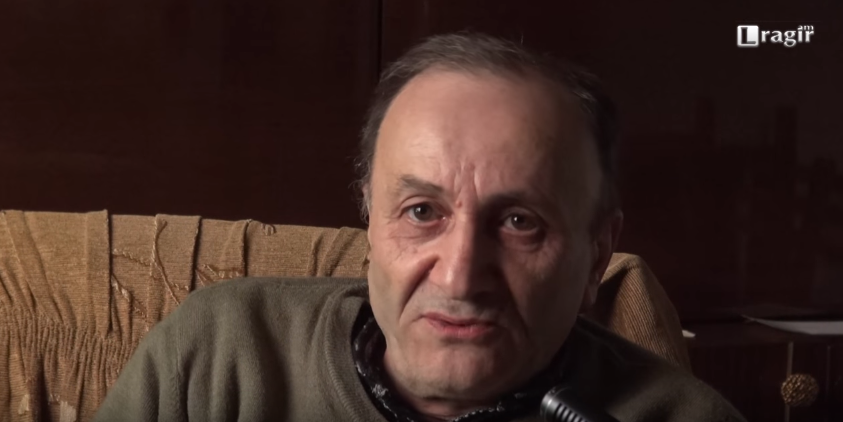Who do Armenian youth trust?

Since May 2014 Peace Dialogue NGO has been carrying out a research study among young people on issues such as RA domestic and foreign policy, security, etc. Several other articles and analysis based on the research results will be presented in the future.
In this article we touch upon the transparency of state and non-state institutions and the level of trust that young people have towards these institutions.
The interactive infographics (Infographic 1, Infographic 2) attached to the article demonstrate what opinion young people have about the Office to the President, National Assembly, Government, Armed Forces, Police, Judicial System, Ombudsman, international organizations and NGOs, and the level of Church’s transparency. The infographics also demonstrate how much trust young people have towards these institutions.
The survey results show that the most trustworthy institutions for young people are the Army, the Church, NGOs and international organizations. They have little trust in almost all governmental institutions, be it the Office to the President, National Assembly, Government, Police, Judicial system or any other. In the first “honorary” positions are the Office to the President, Government, and National Assembly. The latter, respectively, were considered non-transparent and closed. Moreover, the Office to the President, according to respondents, is the most closed body.
Only 7.9% of young people consider the armed forces completely transparent. It should be noted, that the armed forces enjoy the ultimate public trust compared to other Government and law enforcement agencies. In the same study, in response to the relevant questions, 24.8 % of the respondents agreed, while 25.4% of the respondents agreed to some extent with the statement that the problems and incidents in the army should not be raised, because it negatively affects the reputation of the army.
Unlike the Army, which level of transparency did not bother the participants much, 40% of the survey participants consider the Church both open and reliable: probably once or twice they had a chance to check out the Church’s reports.
It is noteworthy that the lion’s share of “I do not know”, “Not sure” responses (respectively 18.1% and 17.3% of the respondents) given to the questions regarding transparency and trust fall for the RA Office of the Ombudsman: young people are not informed or have no idea about the activities of this institution.
This analysis is based on the database of sociological research study. The research study was carried out among young people aged 18-25 in Yerevan and several communities (Yerevan, Vanadzorm Ijevan, Gavar, Goris, Achajur Sarigyugh, Sevkar, Margahovit, Saral, Noratus, Gandzak, Shinuayr) of Tavush, Lori, Gegharkunik and Syunik regions of Armenia in July 2014.
Due to resource restrictions the sample size of the research was set to 480 individuals implemented by quota sampling. Quota sampling was done appropriate to the residence (capital-city-village), gender, age and “student”, “not student” quotas. The research was carried out with “face-to-face interview” method. The sampling error is 4.4%. The reliability level is 95%.
The research was carried out in the framework of the Safe Soldiers for a Safe Armenia project of Peace Dialogue NGO supported by PAX organization
PAX is a Dutch civil society organization that works with its partners for peace, reconciliation and justice worldwide. The organization supports local peace efforts in conflict areas and builds bridges, nurture mutual understanding and improve disrupted relations between groups. Pax aims to prevent conflict and to build a peaceful, democratic and just society.
Posted 07 October, 2014















